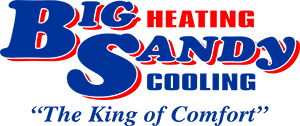Safety Tips for Flood Victims
The U.S. Consumer Product Safety Commission (CPSC) recommends several safety tips to the victims of floods. This safety alert illustrates some dangerous practices which consumers may be tempted to engage in during efforts to rebuild or while staying in temporary housing, tents or partially damaged homes. This information is provided in an effort to prevent injuries and deaths from consumer products as flood survivors make new beginnings. “We hope this information helps prevent product-related injuries and deaths during these difficult times.” Do not use electrical appliances that have been wet. Water can damage the motors in electrical appliances, such as...
View Article